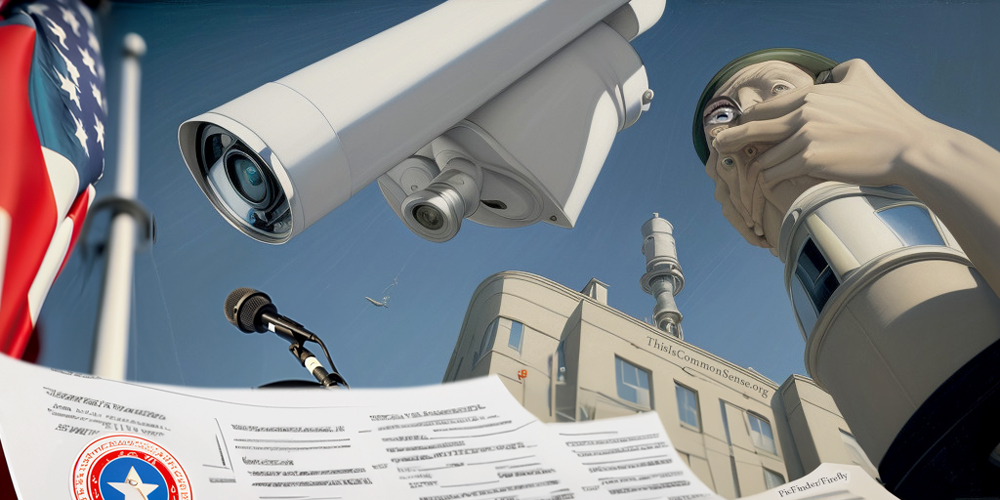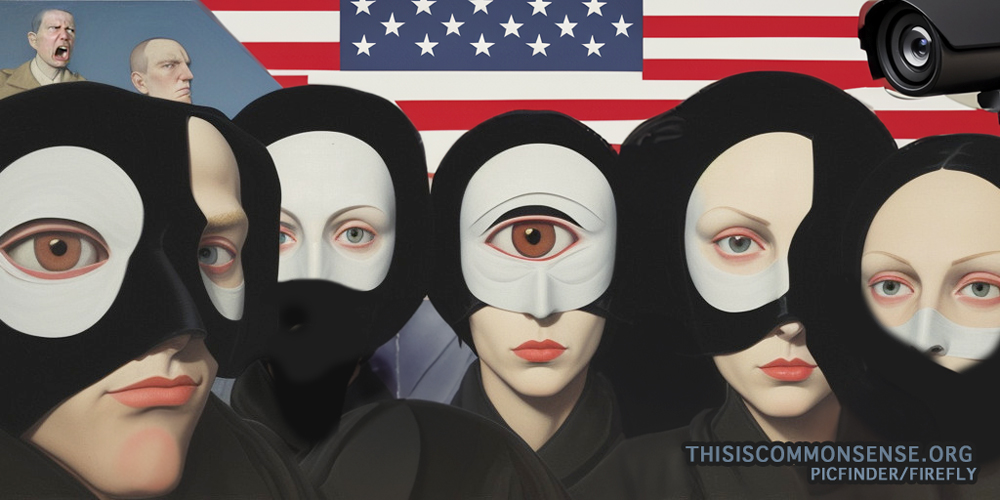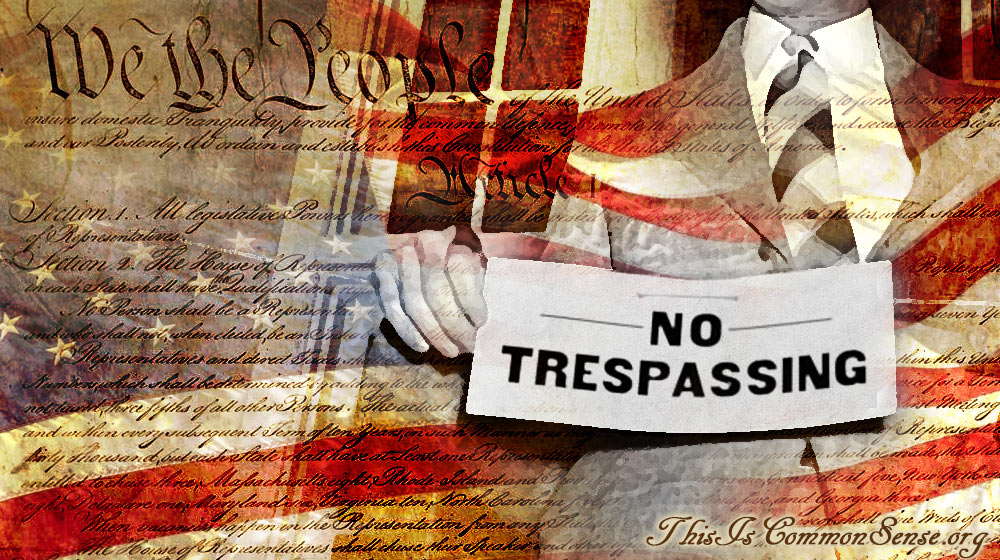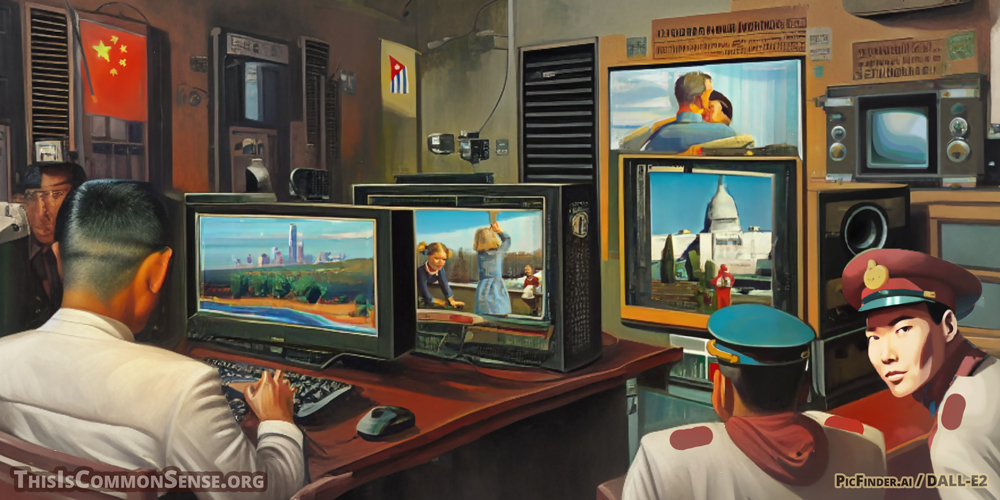“The House appears ready to reauthorize FISA 702 — which has been abused literally hundreds of thousands of times to spy on Americans without a warrant — without requiring the government to get a warrant,” tweeted Sen. Mike Lee (R–Utah) on X last weekend.
“The U.S. government uses the Foreign Intelligence Surveillance Act to spy on Americans without a warrant,” Rep. Thomas Massie (R–Ky.) seconded, also on X. “This week, the House will vote to require the Feds to get a warrant to snoop on Americans. Sadly this vote is likely to fail. I will demand a recorded vote &
The “sadly” indicates that the Republicans in Congress are split, despite years of complaining about how the FISA courts treated Trump . . . and us. (A common complaint has been that the courts almost never say No to a FISA request from the Deep State.)
The Electronic Freedom Foundation explains the nitty-gritty of Section 702: “As the law is written, the intelligence community cannot use Section 702 programs to target Americans, who are protected by the Fourth Amendment’s prohibition on unreasonable searches and seizures. But the law gives the intelligence community space to target foreign intelligence in ways that inherently and intentionally sweep in Americans’ communications.”
So while de jure the Deep State is disallowed from peering into our digital data, de facto our paid government snoops do it all the time.
Rep. Massie seeks to add a warrant process to FISA requests, but it looks like his amendment will fail. In that case, Massie urges Republicans not to re-authorize the whole FISA program.
But that effort will probably fail, too.
Our representatives are just not that into the
This is Common Sense. I’m Paul Jacob.
Illustration created with PicFinder and Firefly
—
See all recent commentary
(simplified and organized)





